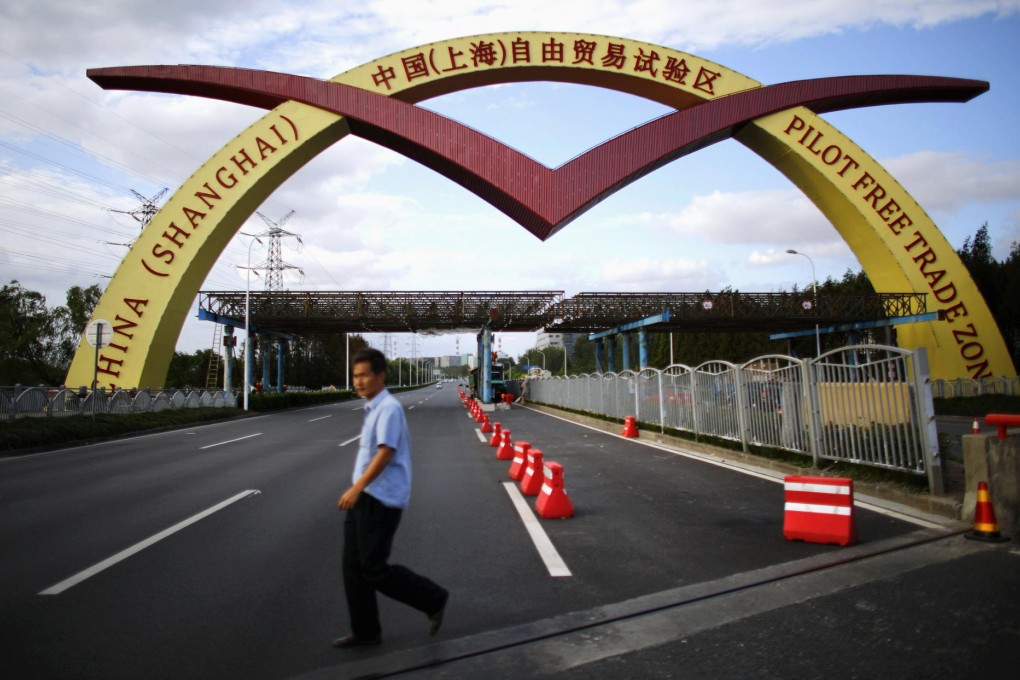Analysis | Regulation delay puts foreign banks in a spot in Shanghai free-trade zone
Lured by the mainland's first free-trade zone in Shanghai, overseas lenders are left with little to do pending more details of government reforms

Foreign banks lobbied to set up in the mainland's first free-trade zone in Shanghai are grappling with a dilemma - what can they really do in the ambitious zone?

Both banks were among the first batch of global financial institutions that were encouraged by the banking regulator to apply in September last year to open branches there.
More foreign banks were expected to be approved soon, government sources said.
After about three months of waiting and preparation, many foreign banks were left with very little to do in their new offices since most regulations were being worked out, said lawyers and accountants.
"The free-trade zone is still in its infancy. Although the government has announced a series of changes, details are yet to be confirmed. Until then, we shall not see any actual impact," said Jack Chan, a managing partner of financial services for the Greater China region at Ernst & Young, one of the world's Big Four accounting firms.